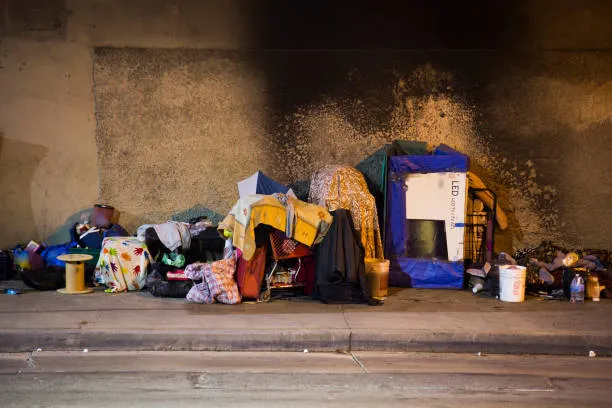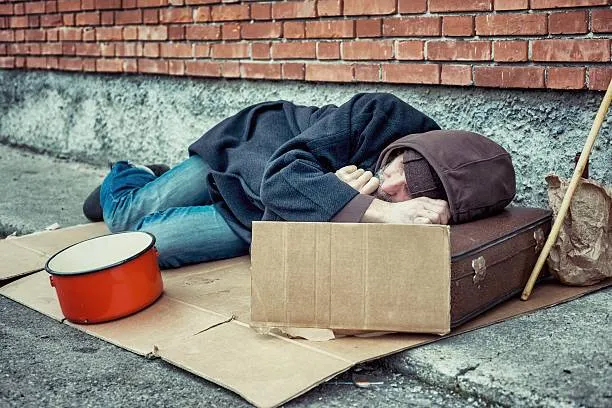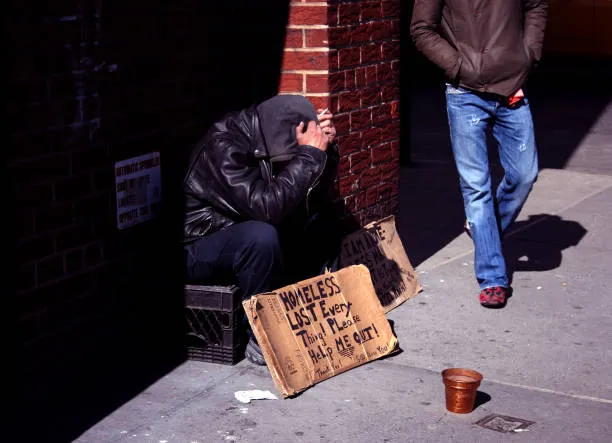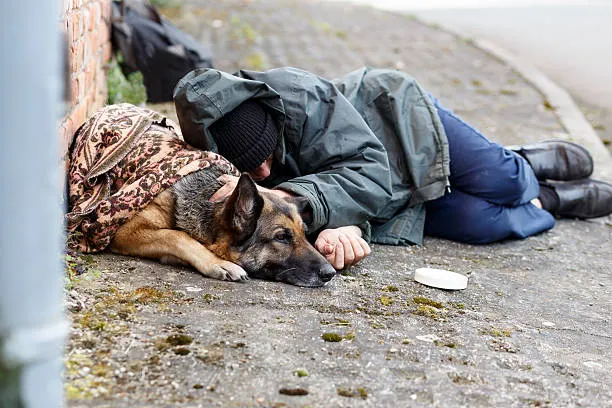Homelessness in America has become a growing crisis, affecting millions of people across the country. While many assume homeless-ness is just about job loss or bad luck, the reality is much more complex. From the lack of affordable housing to mental health struggles, many factors contribute to the problem. However, solutions do exist. In this article, we will break down the key causes, the impact of homelessness on society, and the most effective ways to tackle this issue.

Understanding the Scope of the Problem
How Many People Are Homeless in the U.S.?
- According to a 2024 report by the U.S. Department of Housing and Urban Development (HUD), over 650,000 people experience homelessness on any given night.
- This number has risen significantly in recent years due to economic challenges and the housing crisis.
- A large percentage of homeless individuals are families with children, veterans, and those struggling with mental health or addiction.
Types of Homelessness
Homeless-ness is not just about living on the streets. It can be divided into three main categories:
- Chronic Homelessness – Long-term homeless-ness, often due to mental illness, disability, or substance abuse.
- Transitional Homelessness – Short-term homeless-ness caused by sudden financial crises, such as job loss or medical emergencies.
- Episodic Homelessness – Repeated periods of homelessness, often experienced by young people and those with unstable income.

Major Causes of Homelessness
1. Lack of Affordable Housing
- Rent prices have skyrocketed in major cities, making housing unaffordable for many low-income families.
- Wages have not kept up with rising costs, forcing people to spend more than 50% of their income on rent.
- Gentrification and urban development have displaced low-income communities.
2. Unemployment & Low Wages
- Many homeless individuals are not unemployed but earn minimum wage, which is not enough to afford housing in most cities.
- Job losses due to automation, outsourcing, or economic downturns have left thousands without stable income.
3. Mental Illness & Lack of Healthcare
- 1 in 4 homeless individuals struggles with mental health disorders like depression, PTSD, or schizophrenia.
- The lack of affordable mental health care leaves many without treatment, increasing the risk of homelessness.
4. Substance Abuse & Addiction
- Drug and alcohol addiction is both a cause and a result of homelessness.
- Many people lose their jobs, homes, and families due to substance dependency.
- Rehabilitation programs are often expensive or inaccessible.
5. Domestic Violence & Family Issues
- Many women and children become homeless after escaping abusive relationships.
- Lack of support systems leaves victims with nowhere to go, forcing them onto the streets.
6. Systemic Issues & Racial Inequality
- Black and Indigenous communities experience disproportionate levels of homelessness due to historical discrimination and economic disparities.
- Formerly incarcerated individuals face extreme difficulty finding jobs and housing, increasing their risk of homelessness.
7. Natural Disasters & Climate Change
- Wildfires, hurricanes, and floods have left thousands of people without homes in recent years.
- Many families struggle to rebuild after disasters due to insufficient aid and insurance coverage.

Effects of Homelessness on Society
1. Public Health Crisis
- Homeless individuals face severe health risks due to exposure, malnutrition, and lack of medical care.
- The spread of diseases like tuberculosis and COVID-19 is higher among the homeless population.
2. Increased Crime & Safety Concerns
- Homelessness often leads to higher crime rates, either due to desperate individuals committing crimes or increased victimization of the homeless.
- Many homeless people are vulnerable to violence, theft, and sexual assault.
3. Strain on Public Resources
- Cities spend billions of dollars annually on emergency shelters, hospital visits, and law enforcement related to homelessness.
- Long-term solutions like affordable housing would actually save money in the long run.

Solutions: What Can Be Done?
1. Expanding Affordable Housing
- Governments should invest in low-income housing projects and rent control policies.
- Tiny home communities and alternative housing options can provide safe, low-cost solutions.
2. Increasing Minimum Wage & Job Programs
- Raising the federal minimum wage can help prevent working-class families from falling into homelessness.
- Job training programs for homeless individuals can help them secure stable employment.
3. Improving Mental Health & Addiction Services
- More funding for mental health facilities and addiction recovery programs is essential.
- Providing free or low-cost rehab programs can help break the cycle of homelessness.
4. Strengthening Domestic Violence Support
- More shelters should be available for abuse victims to escape dangerous situations.
- Financial assistance and job placement programs can help survivors rebuild their lives.
5. Reforming the Criminal Justice System
- Creating re-entry programs for former prisoners can prevent them from ending up homeless.
- Eliminating discriminatory housing policies that target ex-convicts can help them reintegrate into society.
6. Community-Based Solutions
- Cities should support Housing First programs, which provide permanent housing without preconditions.
- Local businesses can offer job opportunities and skill-building programs for homeless individuals.
7. Government Policies & Public Awareness
- Advocating for stronger homelessness prevention policies at the federal and state levels is crucial.
- Educating the public about the realities of homelessness can reduce stigma and encourage community action.
Final Thoughts: The Path Forward
Homelessness in America is not just a personal issue—it is a systemic crisis that affects us all. While there is no single solution, a combination of affordable housing, job opportunities, mental health care, and social support can drastically reduce homelessness. By taking action at both the government and community levels, we can work towards a future where everyone has a place to call home.
What Can You Do to Help?
✔ Support local homeless shelters and charities.
✔ Advocate for policy changes in your community.
✔ Volunteer your time or donate to organizations helping the homeless.
Every small action can make a difference in the fight against homelessness. The time to act is now!






